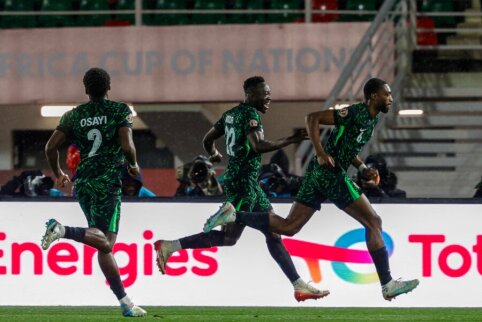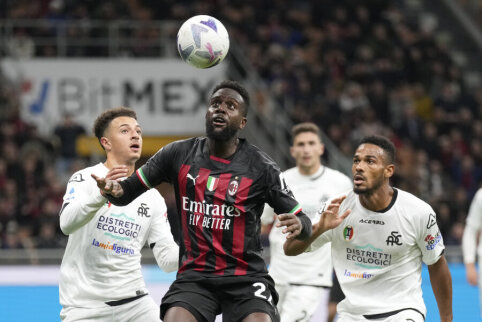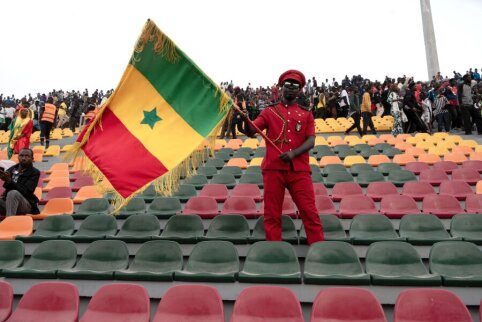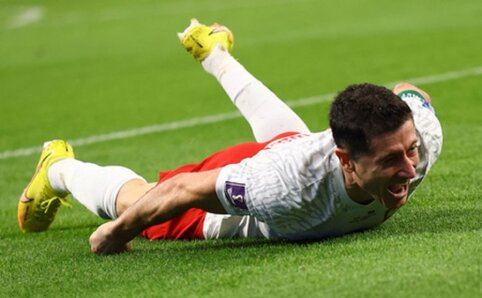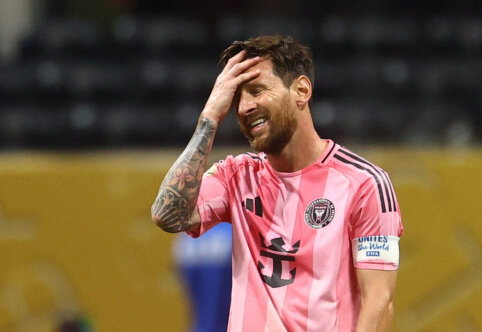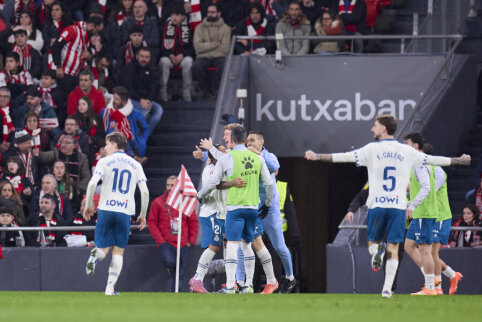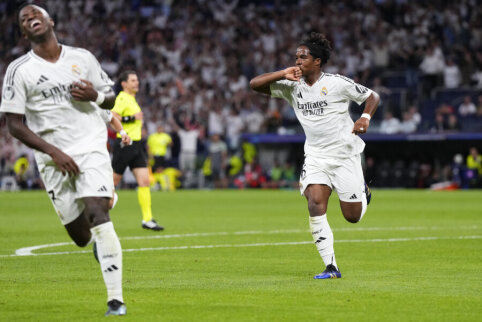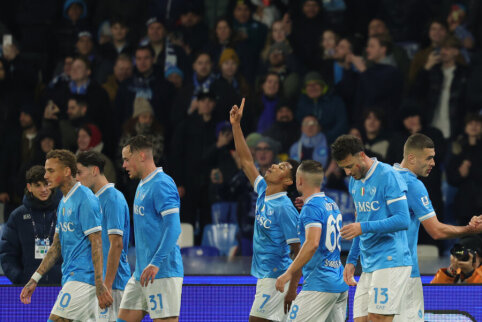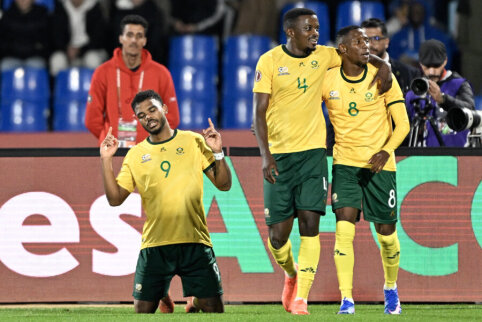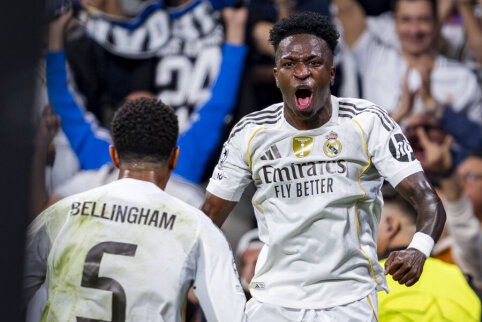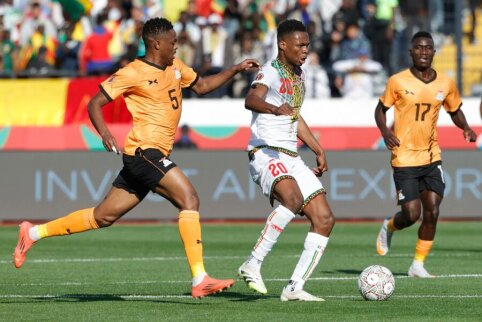
There is no better barometer of Brazil's enthusiasm or lack thereof for the World Cup than Jorge Rudge Street in Rio de Janeiro, which was incredibly silent and blank in 2018, lrt.lt wrote.
Every four years, a few months before the start of the World Cup, which Brazil has won the most times - 5, the residents of these streets draw graphics in the evenings and hang yellow and green flags between the lighting poles. This is done in one of the micro-districts of Rio de Janeiro called "Vila Isabel" - most of the working class people live there.
This street used to have a big screen where matches were watched, and famous musicians would perform on stage. However, this happened in the past, but not this year. Jorge Rudge Street broke the four-decade tradition and did not decorate its street for the 2018 championship, the "New York Times" reported.
"We have won the most beautiful street award during the championship five times, but this year I am not so interested in the championship," longtime resident of the famous street, Jarbas Ramos, said.
During the World Cup, Brazilians slowly recover from a crisis that lasted for several years, major outbreaks of violence that ravaged the country. October's presidential elections are anticipated with anxiety and fear.
J. Ramos says that the surroundings have become more cruel. In the first few months of 2018, an average of 15 people were murdered every day in the state of Rio de Janeiro.
In June, a survey published by "Datafolha" revealed that even 53 percent of Brazilians are not interested in the World Cup this year. This is the highest percentage ever recorded in the country since such surveys began in 1994.
"The World Cup is related to national pride, and the crisis that began in 2014 greatly affected the desire of football fans to support their national team," said Renata Mendoca, a representative of the research company "Dibradoras."
So the gloomy spirit in Jorge Rudge Street is not an exception. In the city, few Brazilians hang their country's flags, raise yellow and green signs on their windows, sometimes cars drive by with Brazilian flags, which were usually not missing during the World Cup.
Fans also did not forget the shameful defeat of Brazil in the 2014 World Cup at home to Germany, when the hosts were crushed 7:1. Now the Brazilian national team has to prove with their actions that they can win.
lrt.lt
